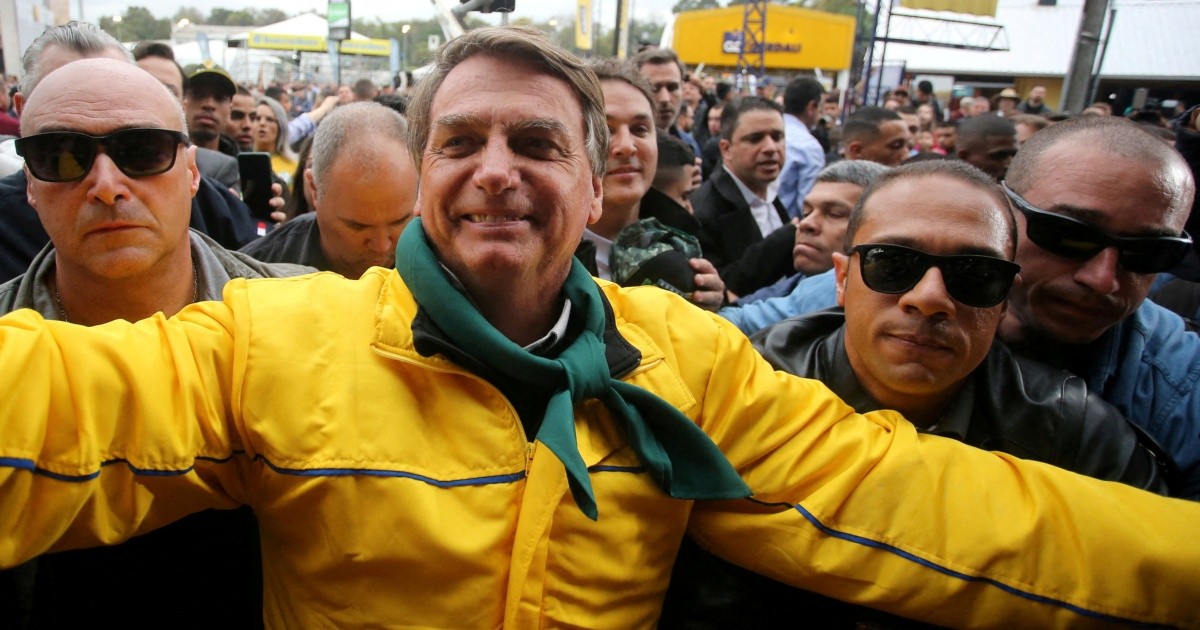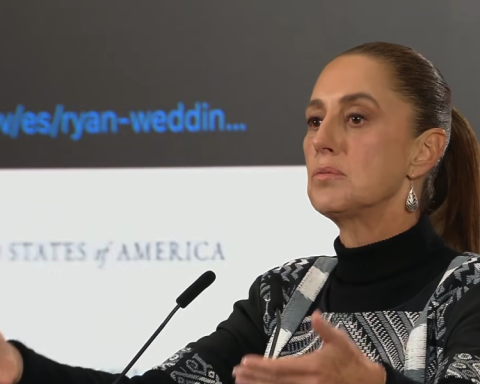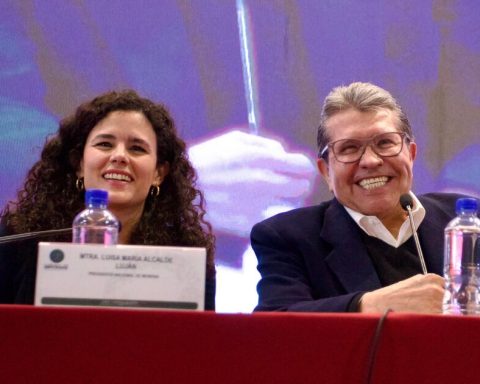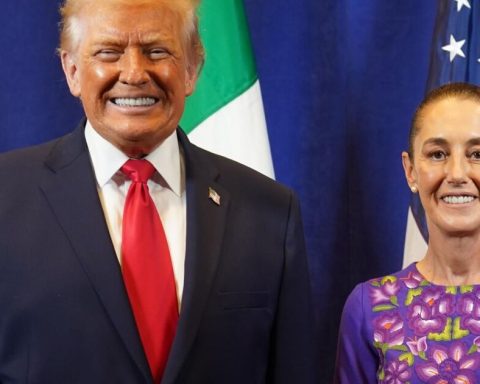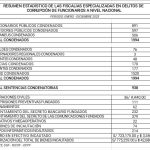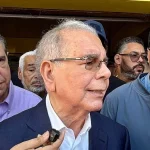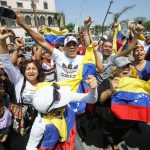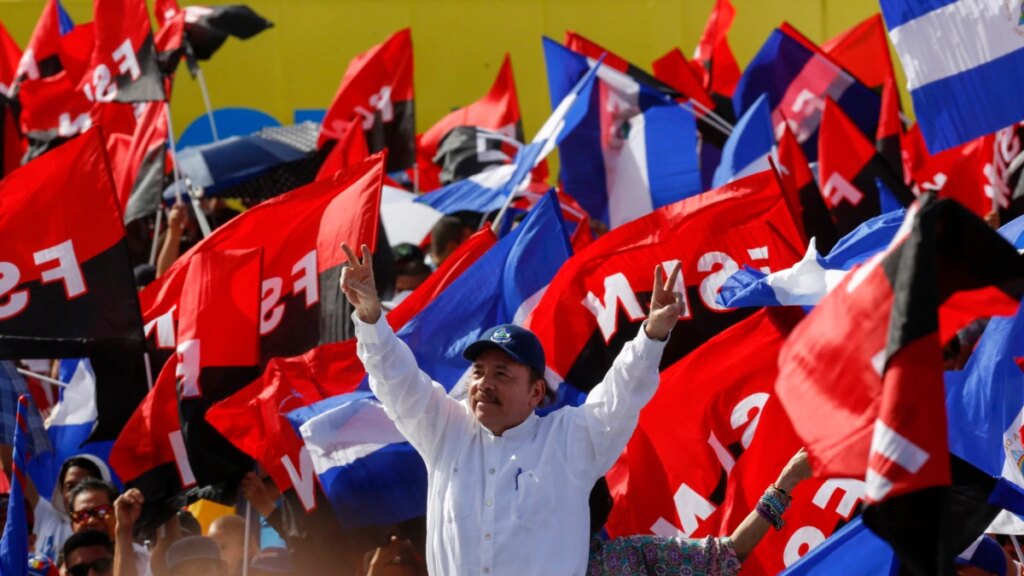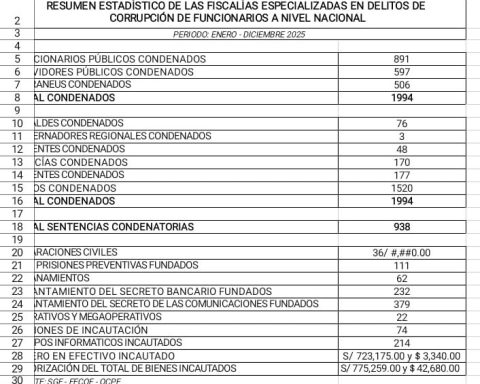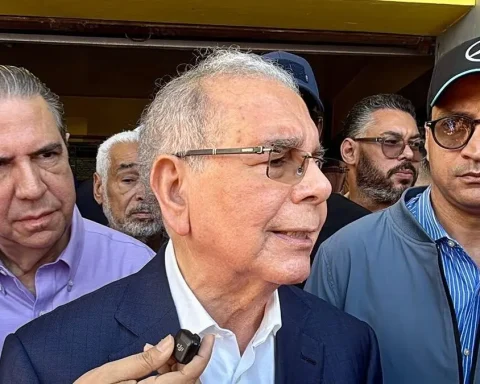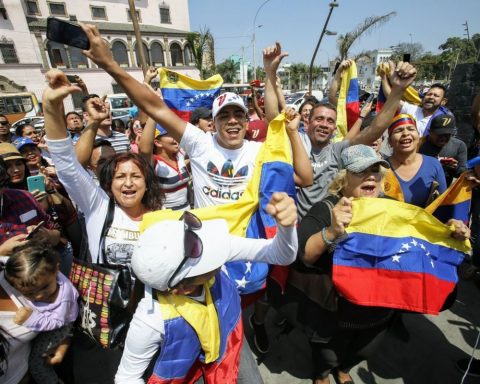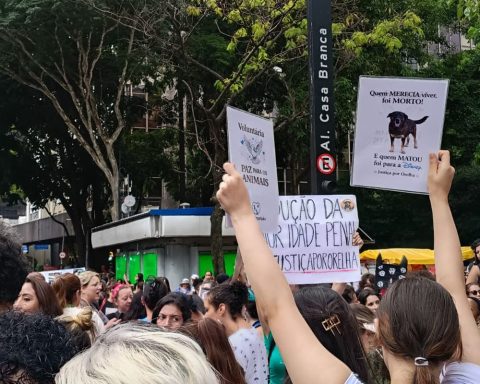Brazil is practically in the final stretch to elect a new president. In three more weeks, on Sunday, October 2, some 148 million voters will return to the polls in Latin America’s leading economy.
These are crucial elections, because the citizens will decide, according to what the polls indicate, between the continuation of the extreme right of Jair Bolsonaro or the return of the left of Luiz Inácio Lula da Silva, who has promised to reissue the best of his previous mandates .
For any of them, the economic situation to face is complex not only internally, but also due to the international impact. Like all countries, Brazil has suffered from the pandemic and the Russian invasion of Ukraine and, as a result, it no longer has the growth it once enjoyed nor is it in line with that of an emerging country.
Its GDP grew 4.6% last year after the 3.9% collapse due to the health crisis. In 2022, he has also been on the rise and that seems to be one of the few spearheads for Bolsonaro to support his re-election.
In the first quarter, the economy advanced 1.1%; and between April and June the figure of 1.2% was better than expected by the market, driven by consumer spending and the rebound in services, which account for 70% of local activity. It was the fourth straight quarter of growth, lifting economic activity 3% above its pre-pandemic level, and just shy of its all-time high from the first quarter of 2014.
double edged sword
In the South American giant, the main source of income, for many, comes from government aid and it is not something new. It is a monthly payment that was previously known as Bolsa Familia, the great instrument to fight poverty promoted by Lula da Silva and the progressive governments.
Bolsonaro came to the presidency with an ultraliberal speech for the economy, he reformulated the proposal – now it is called Aid Brazil – and initially doubled the payment to 400 reais (77 dollars at the current exchange rate). In this final stretch of the mandate, he has raised the amount again in a maneuver that has been pointed out as propagandistic, but also suicidal, considering the impact on public accounts.
“The next government has to justify or convince the market that it has the necessary tools to put this public debt on a minimum stable or downward trajectory. It’s not easy, it’s not popular,” Casarin said.
William Jackson, chief emerging markets economist at Capital Economics, agrees with him.
“Recent measures aimed at increasing support through increased spending on social welfare have had little effect. From the point of view of foreign investors, the Bolsonaro government is no longer seen as particularly friendly to them and the financial markets have performed poorly,” he summarized.
In this line are added the fuel tax exemptions that, although they were due to expire this year, the current head of state decided to extend them until 2023 in a budget bill sent to Congress.
Considering what was collected from the pension reform, one of the great successes of the current administration, and what is used to “provide cheap gasoline,” said Casarin, “it has not been such an efficient measure.” “I think the most appropriate response would have been to create a stabilization fund, like the one in Chile or Mexico, which is financed by specific income; they accumulate in good times and are used in bad times,” he explained.
Otherwise, he wondered, “how are you going to pay for public health, education and the police? I don’t think it’s efficient.”
Bolsonaro’s great duty
Bolsonaro, then, will close a term without great achievements, but with an economy in good standing. “The big summary for me is that he received a very reformed country, with a lot of confidence from investors, but he performed much worse than expected against the other countries in Latin America,” Casarin said.
Jackson, meanwhile, added that, even though before the pandemic the Executive had followed a free market agenda and achieved a pension reform that for many was unlikely, that roadmap was left in the background “and the most populist tendencies of the president became clear: he has watered down fiscal rules to boost spending and increase his support.”
Thus, the experts agreed on several points: Bolsonaro achieved the reforms, but has not reaped its fruits because it takes years for it to filter into the economy; he knew how to put the fiscal stimulus where it was needed and he knew how to withdraw it on time; he respected the spending ceiling –despite the grace period in 2020, due to the pandemic-; but he lost at the end of the term trying desperately to win back his popularity.
“He lost a bit of fiscal credibility. Now we doubt that temporary increases in spending will not become permanent increases,” Casarin said.
The key, they said, is now in the signs that I know the winner of the elections – which may possibly be known on October 30 in the second round – once it reaches the Planalto Palace. What the relationship with the markets will be like and what the changes will define if effectively from the second half of 2023 they begin to lower rates to encourage the economy.
“Whoever wins the elections faces a difficult economic situation. Inflation is perhaps the most immediate problem, although there are at least signs that it is coming down. But there are also longer-term issues, including the stabilization of public finances and the increase in the low growth rate, “said the Capital Economics economist.
